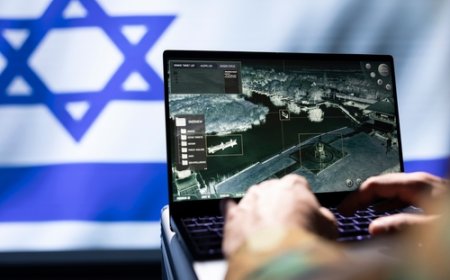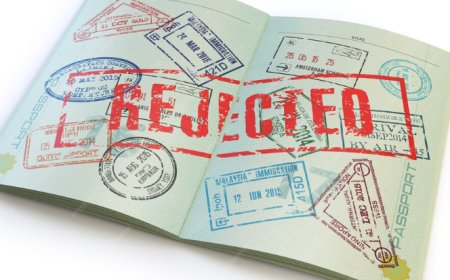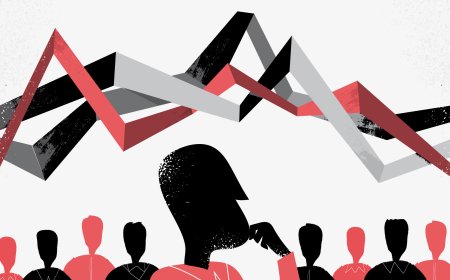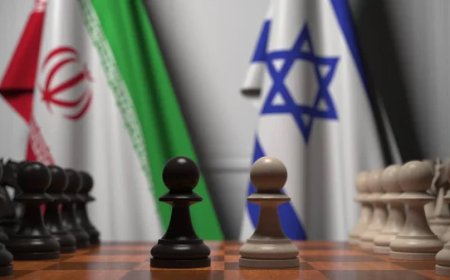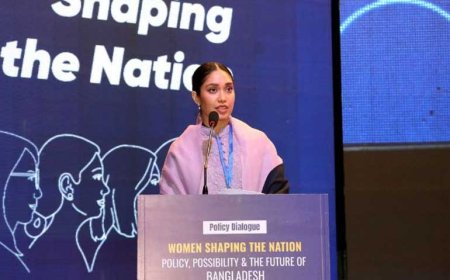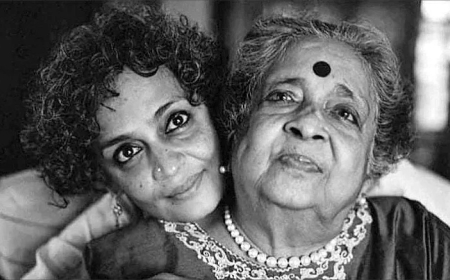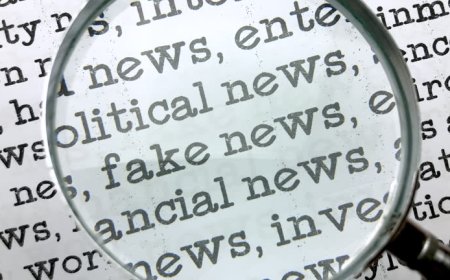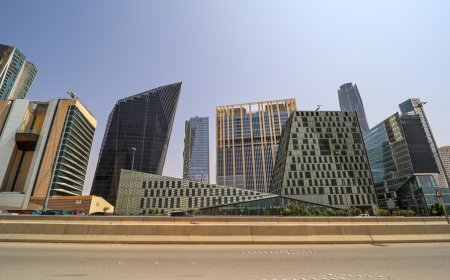The Shifting Power Landscape in the Middle East
From Pakistan to Egypt, and possibly up to Morocco in the long run, this vast region is becoming the playground of the GCC, BRICS, and a transnational Financial Industrial Complex
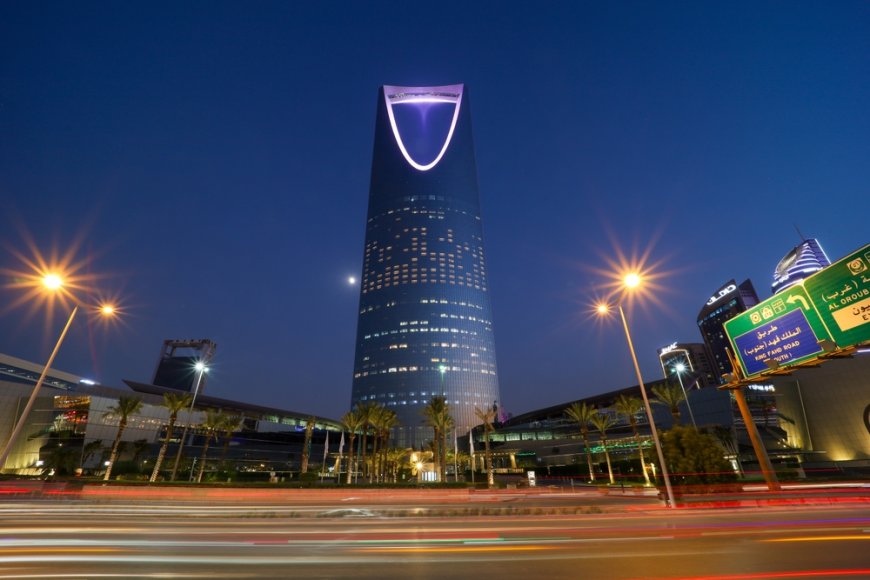
America no longer maintains its dominance in the Middle East the way it once did. We can clearly see the United States gradually pulling back from the region.
The Saudi-Pakistan defence pact, signed at the same time as Israel’s attack on Qatar, has effectively given Saudi Arabia indirect exposure to China’s security umbrella. This shift happened during the Trump administration. Trump is overseeing America’s crawling back in the region. US-Pakistan relations didn’t improve after Trump’s reelection out of nowhere -- Pakistan is an important part of the Grand Middle Eastern Plan.
Gradually, the Americans are handing over control of power to the GCC (Gulf Cooperation Council) and to non-state capital based mostly in America -- let’s call them TPS (Transitional Private Sector).
TPS has long had influence, but mostly in the optics of war. The real driver was a branch of TPS -- the Military-Industrial Complex (MIC) -- which extracted trillions of dollars from American taxpayers during the Middle East wars to generate profits for the TPS. Throughout this period, Israel acted as the agent of instability, helping perpetuate wars.
However, since China brokered the normalization of relations between Saudi Arabia and Iran, we have begun to see a kind of consolidation of power taking place across the region.
● In Turkey, the influence of the PKK has been significantly reduced and is now effectively contained by regional security structures.
● In Lebanon, the top leadership of Hezbollah has been decapitated.
● In Syria, the Assad government has been ousted, with tacit approval of Russia and Iran, and a GCC-funded and Turkey-backed mercenary has taken power.
● In Iraq, the Shias remain in power, but Shia militias are no longer visibly acting as Iranian proxies -- and the Saudis seem not concerned about that.
● In Iran, the hardline Raisi government has fallen, and the hardcore leadership of the IRGC (not the army) has been severely weakened, with many killed in Israeli strikes.
● The Houthi political leadership has been liquidated; their military wing now functions largely at the convenience of the GCC.
● With the Gaza ceasefire deal, Hamas will also be dismantled and forged into state structure.
In other words, Iran is gradually relinquishing control over its proxies, as part of an understanding reached with the GCC over the years. We witnessed at least 25 Iran-GCC ministerial-level meetings in the last 4-5 years. We had no clue what they were up to -- now, with all this happening, we can guess with a degree of certainty.
Proxies who align with the emerging regional vision are being absorbed into state structures, while those who don’t are being eliminated.
There may still be a few more rounds of violence ahead -- even a possible Israel-Iran confrontation -- but none of these are likely to escalate into full-scale, long-term wars. The entire region is now preparing for a peace economy.
The drivers of this peace economy will be the GCC, BRICS, and another branch of TPS -- the Financial-Industrial Complex (FIC).
From Pakistan to Egypt, and possibly up to Morocco in the long run, this vast region is becoming the playground of the GCC, BRICS, and the FIC.
The by-product will be unprecedented economic growth -- not just in oil, but also in renewable energy, digital infrastructure, and regional trade-driven development.
The entire region is set to emerge as a “soft middle empire.”
But for this inevitable transition to succeed, Israel must change its long-standing role as a destabilizer. It has to integrate as a “normal state.” Otherwise, to the owners of capital, Israel will no longer be an asset but a liability -- a toxic asset.
Israel can get away with killing countless innocent lives, but interfering with TPS profits would be an unforgivable crime for Israel. Thus, Israel faces two options: either change its behavior or face a hostile takeover by TPS and the GCC.
The question is -- can Israel suddenly change its behavior?
Unlikely. It’s difficult to transform a political-military culture that has been reckless since birth within a matter of years.
What’s needed is a narrative shift.
In the US, voices like Tucker Carlson, Candace Owens, Nick Fuentes, and many others are working toward this -- de-radicalizing Christian Zionists and helping Americans see that Israel’s actions are morally indefensible by their own standards.
The results are visible -- support for Israel in the US is now at its lowest point in history, across both political parties. So if, in the near future, US military aid to Israel is reduced or cut off, it should not come as a surprise.
As Zionism weakens in America, Israel will be forced to operate as a normal state.
The truth is -- the whole issue with Israel was never really about morality. It was always about keeping the dollar afloat -- through war and oil. The dollar itself stands upon war and mass violence.
In that game, the Zionists were violent but useful idiots -- ensuring profit for the American Military-Industrial Complex. Now, that game in the Middle East is reaching its end, and the conflicts are shifting elsewhere to feed the everlasting hunger of the MIC.
What's Your Reaction?













